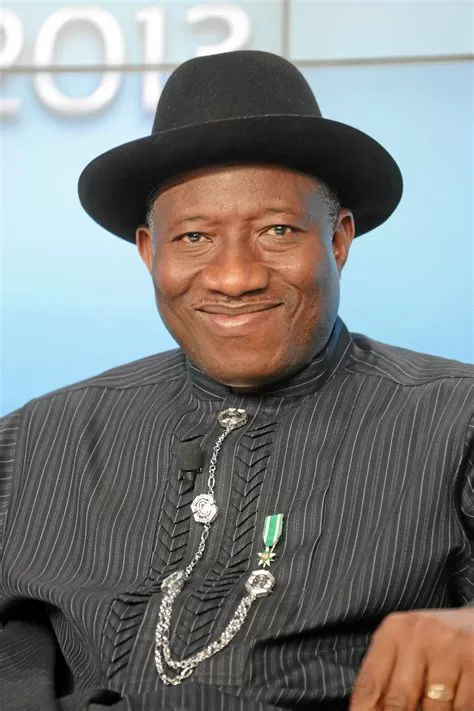
Former President Goodluck Jonathan has said Boko Haram fighters at some point had more weapons than Nigerian soldiers, describing the insurgency as one of the most complex and enduring security challenges in the country’s history.
Jonathan spoke in Abuja at the public presentation of ‘Scars: Nigeria’s Journey and the Boko Haram Conundrum’, authored by former Chief of Defence Staff, Gen. Lucky Irabor (rtd.).
He said unlike other crises Nigeria had faced such as the Niger Delta militancy and ethno-religious violence, the Boko Haram insurgency carried deeper scars because of its external connections, extremist ideology, and advanced weaponry.
SPONSOR AD
“Boko Haram is more complex than what many people imagine. At some point, their fighters had more ammunition than our soldiers, which clearly showed that external groups were deeply involved,” Jonathan said.
The former President noted that the abduction of the Chibok schoolgirls in 2014 remained one of the most painful scars of his administration, stressing that no form of cosmetic remedy could erase it from the nation’s collective memory.
He recalled his personal engagement with Niger Delta militants as Vice President, saying his decision to visit their camps without armed escorts was borne out of the conviction that dialogue must complement military action.
“In the Niger Delta, I met the militants in their camps. We succeeded in restoring peace not only because of military action but because we engaged them, listened to them, and created opportunities for their communities. That approach worked,” he said.
Jonathan, however, emphasised that Boko Haram posed a different challenge. According to him, the insurgency must be tackled through a holistic strategy that combines security operations with good governance, poverty reduction, youth empowerment, and social justice.
He said: “We cannot treat Boko Haram simply as a law-and-order problem. It is rooted in poverty, exclusion, and broken dreams. Only a comprehensive approach will deliver lasting peace.”
Jonathan added that Nigeria must confront poverty, unemployment, and social exclusion in communities vulnerable to extremist recruitment if lasting peace is to be achieved.
He praised Gen. Irabor for documenting his reflections, saying the book would enrich national understanding of insurgency and guide future leaders in shaping responses.
“Those who were directly involved must tell their stories. This book will help the nation understand what really happened, what lessons we must learn, and how we can do better in the future,” he said.
The event attracted dignitaries including former President Olusegun Obasanjo, former National Security Adviser Maj.-Gen. Babagana Monguno (rtd.), service chiefs, ministers, members of the diplomatic corps, and traditional rulers.
 Premium News
Premium News